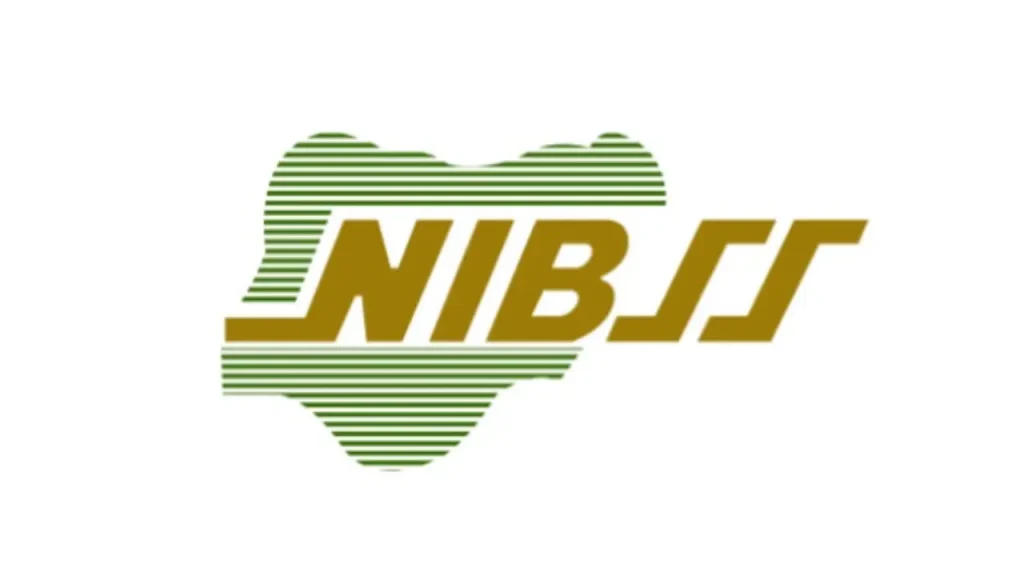• With its ISO 20022-compliant National Payment Stack, NIBSS—owned by all licensed banks and the Central Bank of Nigeria (CBN)—is upgrading payments by encouraging identity verification, real-time settlement, and richer data.
• Its innovations incorporate the Soundbox (an audio confirmation device), mCash Plus (a USSD rail for contactless payments on feature phones), and the enhanced use of NQR (QR-code payments) that promote financial inclusion and decrease obstacles. But there are still difficulties via system uptime, regulatory alignment, infrastructure reliability and inclusion.
What NIBSS Is Doing: Innovations & Strategic Infrastructure
Nigeria Inter-Bank Settlement System Plc, resulting in originated in 1993 and serves as the base of operations for clearing, settlement, fund transfer instructions, and interbank payments, is managed through the Central Bank of Nigeria and other licensed banks. Launched in 2025, the National Payment Stack (NPS) is a next-generation payment infrastructure intended to be compliant via ISO 20022. With features like real-time transactions and instant settlement, request-to-pay, direct debit, and improved dispute management, it integrates payments, identity, and data into one single ecosystem.
Also, to tackle the inclusion gap, NIBSS has developed contactless payment tools: Soundbox, which provides audio notifications for merchants to confirm payments, and mCash Plus (a USSD version of NQR) for those without smartphones. These aim to reduce dependence on SMS/email confirmations and make digital transactions more accessible.
Also read: Infinity Broadband: Redefining fibre connectivity
Also read: iOCO: Powers eThekwini’s digital transformation
Industry Context & Challenges for NIBSS
The payments industry in Nigeria has been growing rapidly. According to NIBSS, electronic payment transactions rose to an all-time high of ₦1.07 quadrillion in 2024. There is broad regulation by the CBN, guidelines on instant electronic funds transfer, regulation frameworks for payment service banks, and rules for payments risk/security.
Cependant there currently continues to be challenges ahead. Significant concerns involve acquiring the underbanked and unbanked (rural areas, feature-phone users), making sure that participants (banks, fintechs, and mobile operators) comply with standardized technical and security standards, ensuring infrastructure reliability (downtime, latency), and balancing cost and pricing for merchants. Identity systems including BVN, National Identity, along with TIN have to keep regulatory alignment.Fraud risk, system interoperability and the burden of maintaining trust and data privacy are ongoing.

